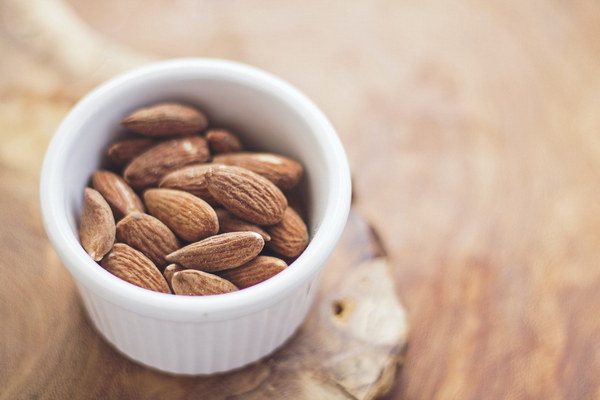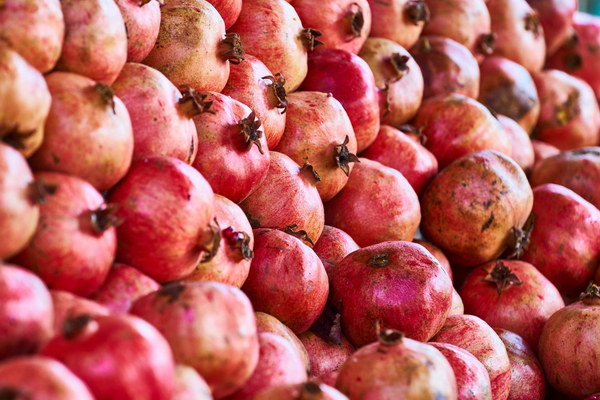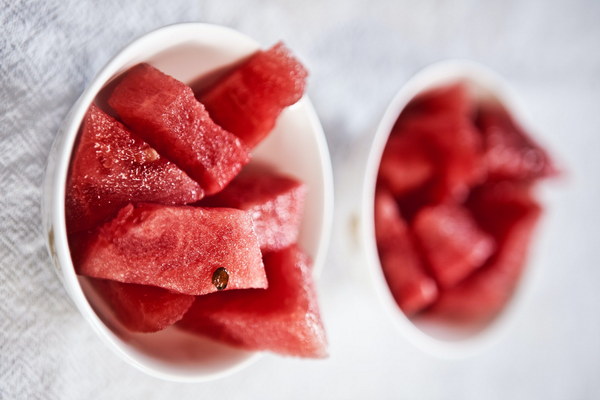Boosting Your Child's Health The Power of Traditional Chinese Medicine in Pediatric Nutrition
Introduction:
In the fast-paced world we live in, ensuring that children receive proper nutrition and healthcare has become a significant concern for parents. Traditional Chinese Medicine (TCM) offers a unique approach to pediatric care, focusing on balancing the body’s internal systems to promote overall health. One of the most intriguing aspects of TCM is its use of pediatric herbal tonics and nourishing recipes, known as pediatric medicated dietetics or pediatric pharmacological dietetics. This article explores the benefits of these natural remedies and provides insights on incorporating them into your child's diet.
1. The Benefits of Pediatric Medicated Dietetics:
a. Strengthening the Immune System:
One of the primary goals of pediatric medicated dietetics is to boost the immune system, thereby reducing the frequency and severity of common childhood illnesses such as colds, flu, and allergies. TCM believes that a strong immune system is essential for maintaining good health and preventing diseases.
b. Improving Digestive Health:

Many children struggle with digestive issues, such as constipation, diarrhea, and bloating. TCM offers natural remedies, such as herbal teas and dietary adjustments, that can help improve gut health and alleviate these symptoms.
c. Enhancing Mental and Emotional Well-being:
TCM views the mind, body, and spirit as interconnected. By focusing on the holistic well-being of children, TCM can help alleviate stress, improve sleep patterns, and enhance overall mental and emotional health.
d. Promoting Growth and Development:
TCM emphasizes the importance of balancing the body's Yin and Yang energies to support growth and development. By incorporating specific herbs and nutrients, pediatric medicated dietetics can help ensure that children receive the necessary nutrients for healthy growth and development.
2. Common Ingredients in Pediatric Medicated Dietetics:
a. Goji Berries:
Known for their high vitamin and mineral content, goji berries are believed to enhance the immune system, improve vision, and promote longevity. They can be added to smoothies, yogurt, or baked goods.
b. Astragalus Root:
This herb is renowned for its immune-boosting properties. It can be brewed into a tea or added to soups and stews.
c. Schisandra Berries:
Schisandra berries are rich in antioxidants and can help reduce stress. They can be consumed as a tea or added to desserts.
d. Licorice Root:
Licorice root is known for its ability to soothe the throat and improve digestion. It can be added to teas or used in cooking.
3. Incorporating Pediatric Medicated Dietetics into Your Child's Diet:
a. Consult with a TCM Practitioner:
Before starting any pediatric medicated dietetics regimen, it is essential to consult with a qualified TCM practitioner. They can provide personalized advice based on your child's specific needs and health conditions.
b. Start with Small Doses:
When introducing new herbs or nutrients, begin with small doses and gradually increase as necessary. This helps your child's body adjust to the new substances.
c. Combine with a Balanced Diet:
Ensure your child's diet is well-rounded, including a variety of fruits, vegetables, whole grains, and lean proteins. This will provide additional nutrients and support the benefits of pediatric medicated dietetics.
d. Monitor for Allergic Reactions:
As with any new supplement or treatment, monitor your child for allergic reactions or adverse effects. If any issues arise, discontinue use and consult with a healthcare professional.
Conclusion:
Pediatric medicated dietetics offers a natural and holistic approach to promoting your child's health. By incorporating traditional Chinese medicine practices into your child's diet, you can support their immune system, digestive health, mental and emotional well-being, and overall growth and development. Always consult with a qualified healthcare provider before starting any new treatment or dietary regimen.









